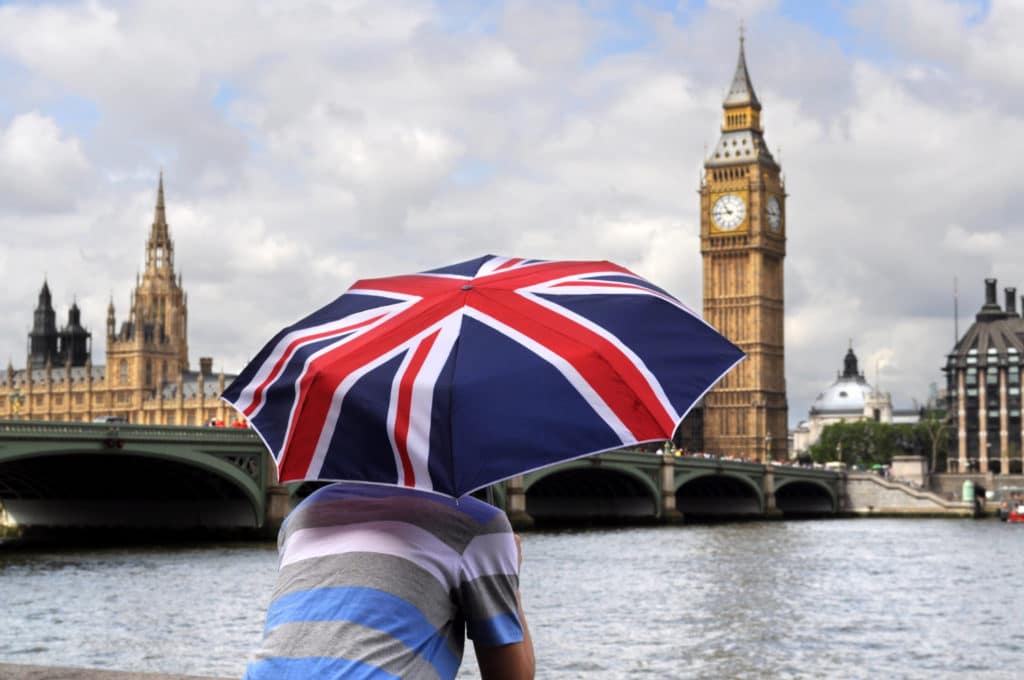Of all the central banks in the world, the Bank of England (BoE) has been the most far-sighted and shrewd in recognizing unprecedented inflation that would sink the economy, before the US Federal Reserve, which in 2021 thought it was transient and of absolutely no concern except to say mea culpa this year, and before the ECB, which while sensing the danger took its first countermeasures only this year.
Bank of England analysts say inflation will continue to rise
Bank of England analysts expect that the peak of inflation that will hit the country is yet to come and that it will reach 13.3% in the next semester, despite the fact that by now all the world’s central banks have begun to take their first steps and therefore the systemic and contagion risk is somewhat more tenuous.
Currently, in neighboring Europe, of which until recently it was a part (before Brexit that changed its fate) the inflation rate stands at 9.1%, above that of the US but well below what is happening across the Channel.
The Fed, which raised rates by a total of 250 basis points after a lackluster start, is now reaping the first fruits of a job that started late but took the right direction over time with aggressive policy by the US central bank.
At Jackson Hole, the annual symposium where it is customary for the President of the US Central Bank to draw a picture of the country’s economic situation and give a view for the monetary policies to be undertaken from there on, Powell was very concrete to the point of startling the markets, which have been reacting with the same degree but in the opposite direction.
Powell explained at the symposium that what the Fed has done has been an excellent job but nevertheless it is not enough and America needs this policy of rate hikes to continue so as to put an end as soon as possible to this evil that afflicts both finance and above all the real economy putting a strain on American families that nevertheless start from an economic situation that is all in all better than that of families across the Atlantic.

In short, rate policy must move forward, and already analysts and economists around the world are almost unanimously agreeing that the Fed will implement an additional 75 basis point increase at the next useful opportunity.
Markets already tested by Powell’s statements seem to have already discounted this scenario, and complicit with a better labor market situation than the rest of the globe this is relatively affecting households and their purchasing power.
Despite price increases in energy and commodities in general and a CPI almost in double digits though declining slightly, the purchasing power of American households has been filed down but it is not yet something that worries the social fabric, American companies are also turning in the same situation and some seem to be weathering the backlash well (particularly luxury companies) by offloading the price increases on final prices to the consumer, while others optimizing the supply chain and rationing for the future in view of a year and a half, maybe two, of tightening.
Against this backdrop, cryptocurrencies and Bitcoin in particular are catching up and increasingly raising their capitalization.
In this economic cycle they have often come to the rescue of downtrodden populations in the real economy and what was a snubbed asset is increasingly taking root around the world. To date, Bitcoin has surpassed the market capitalization of Bank of America, a sign of great appeal from both the markets and smaller savers.
Examples such as that of El Salvador, Nigeria but also of the huge sums donated in the war in Eastern Europe in support of the local population in a beautiful contest of solidarity are virtuous instances of how, despite a bear market, the crypto world can do its part to help people.
“Athens cries but even Sparta can’t laugh”, and this metaphor helps us understand that although British cousins are gripped by the same problem as the United States, the less strong economy, a higher cost of living, and a more tightly wound labor market than across the Atlantic-British society is not responding with the same resilience.
In a tweet, Watcher Guru pointed out that 60% of British manufacturing businesses are at risk of bankruptcy.
This risk is all the more tangible when you add the war between Ukraine and Russia to the situation, which appears to have returned the old continent to a modern Dark Ages in which many homes will go without heating and fossil fuels will be paid for like Gold.
Russia has officially stopped supplies and countries are organizing themselves with rationing and a differentiation of gas suppliers to make up for the losses of the Russian side on which countries on the continent, including the UK were largely dependent.
The Bank of England’s aggressive Powell-style policy aims, among other things, to strengthen the pound against the dollar so as to pay less for liquid gas from New York tankers landing in the country but this is at the expense of the real economy of citizens who pay the consequences in other ways.




